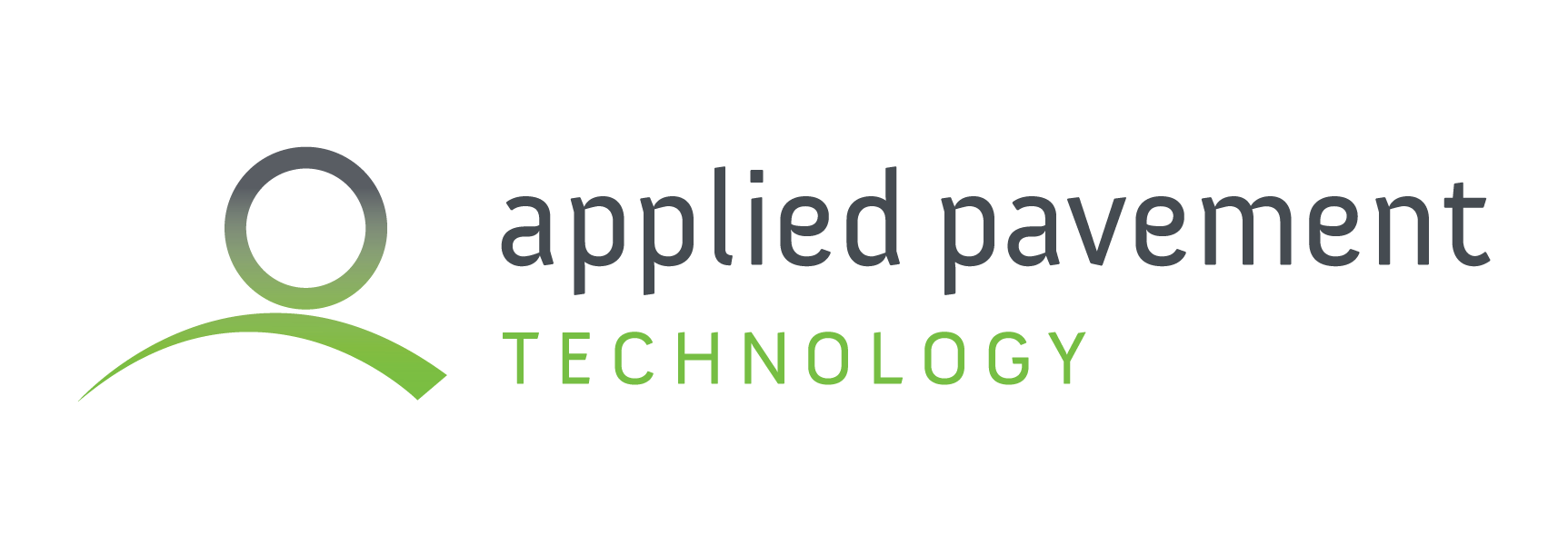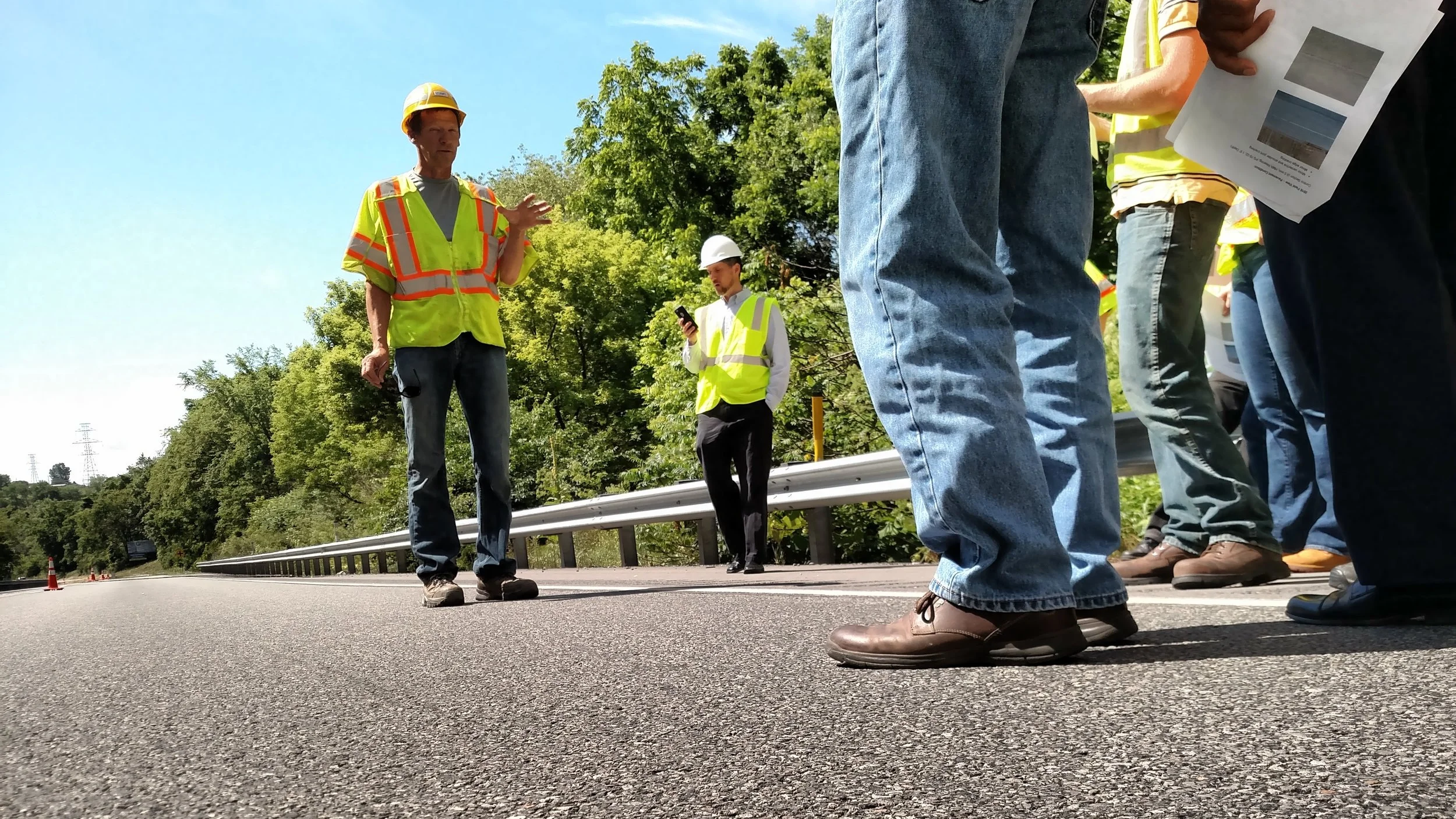About the Project
Project Details
Location
Nationwide
Duration
2015–2022
Services
- Applied research
- Technical working group development and support
- Peer exchange development and support
- Technology transfer
- Education and outreach activities, including technical briefs, videos, flyers, and webinars
- Spreadsheet-based tool development
Project Experts
- Principal-In-Charge: Kurt Smith, P.E.
- Project Engineer: Prashant Ram, P.E.
For over 10 years, APTech supported the Federal Highway Administration (FHWA) in the administration of its Sustainable Pavements Program through two separate competitively bid indefinite delivery/indefinite quantity contracts. In this capacity, we were responsible for carrying through FHWA initiatives in pavement sustainability and worked with a broad-based team to accomplish them. This included:
seeking stakeholder involvement to help promote concepts of sustainability,
developing specific guidance on more sustainable pavement practices, and
sponsoring outreach programs and technology transfer activities to share the latest information on the FHWA’s program.
A number of key task orders have been executed under each contract for this program, each led by APTech and supported by a core group of technical experts who combine expertise in pavement design, construction, and materials with various components of sustainability.
Under the most recent Sustainable Pavements Program contract, seven task orders were issued.
Task Order 1: Sustainable Pavements Program Roadmap
We developed a strategic Roadmap to provide a 5- to 10-year strategic direction for the FHWA’s Sustainable Pavements Program. The Roadmap focused on pavement sustainability in the areas of design, construction, preservation, and maintenance of asphalt and concrete pavements, and was designed to:
Work within the broader industry context of improving pavement sustainability
Be guided by the Program’s current purpose (defined as being to advance the knowledge and practice of sustainability related to pavements)
Concentrate specifically on topics and deliverables through which the FHWA can have real impact given its current scope and authority. The Sustainable Pavements Technical Working Group (SPTWG) was engaged in the effort to provide stakeholder feedback.
Task Order 2: Establishment, Organization, and Coordination of the SPTWG
We coordinated and provided support for the SPTWG, a stakeholder group providing input to the FHWA on the program. We scheduled and organized meetings, provided travel support to eligible SPTWG meetings, facilitated the meetings, and documented the overall results and action items. A total of 11 meetings of the SPTWG were conducted from 2016 to 2021, the last three in virtual format.
Task Order 3: Technology Transfer Toolbox
APTech provided technology transfer support to the FHWA on the subject of sustainable pavements and materials. This support included:
Preparation of ten technical presentations on various aspects of pavement sustainability,
Development of three Technical Briefs on topics related to pavement and materials sustainability, and
Continued development, maintenance, and population of the FHWA sustainable pavements website.
Together, these various activities became a "technology transfer toolbox" that supports FHWA in sharing pavement sustainability information to the at-large highway community.
Task Order 4: Sustainable Pavements Case Studies
APTech developed a series of case studies that highlight sustainable pavement technologies that were featured in the program’s Reference Document. These were defined as a practice, procedure, or innovation with positive sustainability impacts, and a total of ten case study reports were produced: In-Place and Central-Plant Recycling of Asphalt Pavements, Use of Blended Cements, Sustainability Rating Systems, Perpetual Asphalt Pavements, Long-Life Concrete Pavements, Inverted Pavements, Superpave5 Asphalt Surface Mix Design, Stone Matrix Asphalt and Open-Graded Friction Courses, Concrete Pavement Texturing, and Use of Recycled Concrete Aggregates.
Task Order 5: Environmental Impact Benchmarking Tool
Under this task order, we developed a Microsoft Excel-based tool (LCA PAVE) to aid agencies in assessing, benchmarking, and communicating the environmental impacts of the materials and construction processes associated with new pavement construction, reconstruction, rehabilitation, maintenance, and preservation. The tool has the ability to consider a range of environmental impact indicators and generates a multitude of output summary tables and graphics, all of which can be presented in a report template that is customizable by the highway agency. The LCA PAVE tool plays a critical role in the U.S. Department of Transportation’s BUY CLEAN initiative.
The success of APTech’s work was recently rewarded with a new follow-on contract for LCA PAVE technical support, enhancements, and outreach.
Task Order 6: Sustainable Pavements Education and Outreach
We helped the FHWA advance the state of sustainable pavement practices through a strategic marketing and outreach campaign. A series of marketing and outreach materials were developed to educate stakeholders on pavement sustainability and encourage them to use resources and tools produced under the Sustainable Pavements Program. Some of these resources included:
Several Tech Briefs on Environmental Product Declarations (EPDs)
Two videos highlighting asphalt and concrete recycling, respectively, and
Several flyers and one-pagers on various sustainability related topics.
Two webinar series—one that highlighted ways agencies can improve the sustainability of their pavements, and one on the use of the LCA PAVE tool developed under Task Order 5.
Task Order 7: Pavement Resilience Guidebook
In this task order, APTech examined the role of pavement resilience in addressing a number of emerging climate stressors and developed a summary document describing the current state of knowledge, practice and future needs. This information in our report was based on:
Key national and international climate documents,
An FHWA approach to resilience,
The results of an unpublished literature review, and
The findings from two FHWA-sponsored Peer Exchanges on pavement resilience held in late 2020.









